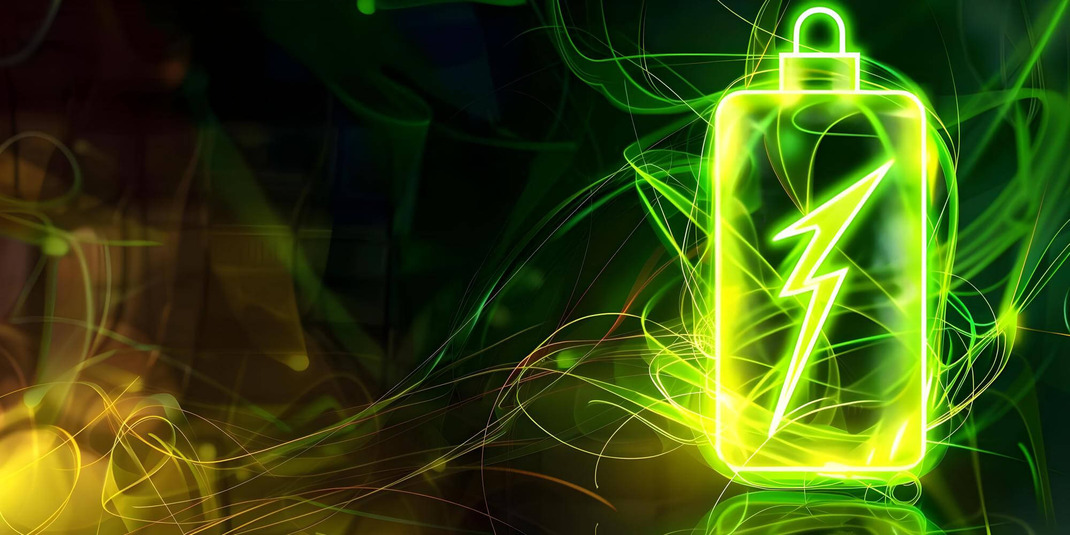
Is breakfast really the most important meal of the day?
Many people consider breakfast to be the most important meal, but some skip it for various reasons. Some do it to reduce the calorie content of their diet, wanting to get rid of excess weight faster, and others simply do not feel hungry in the morning. It is important to remember that everyone is different, so there is no universal diet for everyone. You should constantly develop a menu based on individual needs, preferences, health, and expectations. Another issue will be the time of consuming the first meal because breakfast does not always have to be eaten at dawn or even at ten in the morning, but for example, at twelve, fourteen, or later. An example would be intermittent fasting, which takes a break of several hours from eating and have a specific eating window. This is true not only for physically active people but also for people who want to improve their health.
 Is breakfast really the most important meal of the day?
Is breakfast really the most important meal of the day?
Nutritional issues are a perennial topic of discussion. In fact, it can be said that there are as many opinions as there are people. Each statement may be more or less correct, and there is no shortage of theories on various topics. One of them is the importance of breakfast, which raises many questions and doubts. The more you think about it, the more confused you may become. There are different opinions on every side as to whether breakfast is really the most important meal and skipping it is terrible for your health. Another issue will be whether one should eat immediately after waking up or wait a few hours. You can easily conclude that since there are so many different opinions on the subject, there is no one-size-fits-all solution. Aspects related to breakfast should be determined individually because everyone has different needs, which leads to a different lifestyle. Some may need a cup of coffee in the morning to have energy and be ready for action, and hunger comes spontaneously only at noon. Others feel that they need to eat something right away, while others skip breakfast altogether and eat only in the afternoon. But some people feel great on three or even two meals a day. The rule here is simple – if the solution works for your health, there is no point in changing anything and doing something against yourself because someone has a different opinion on the subject.
Not eating a classic breakfast in the morning does not mean that it will be associated with a caloric deficit because you can spread your energy needs over the remaining meals. It is enough to transfer the calorie pool from breakfast to the rest of the day, which many people practice. Eating just because you have to, without feeling hungry, is not advisable. It turns out that some people feel much better if they skip breakfast, both mood and health. Food doesn’t always give you energy; it can make you sleepy. However, if skipping breakfast causes your spirit to drop and hunger pangs to flare later in the day, it’s a sign that you need to eat something in the morning to avoid unpleasant symptoms. Waking up satiated and not feeling hungry, eating anything does not make sense; you should listen to your body and the signals it sends to the brain. For many, a good solution will be to eat a nutritious and complete breakfast, but low-calorie, especially if you are on a reduction diet.
On the other hand, physically active people who want to build muscle mass have a higher caloric requirement. Skipping breakfast will make it harder to consume the right amount of calories because consuming too many calories in one meal defeats the purpose. It will be a simple way to indigestion and impaired assimilation of micro macronutrients.
 Is it worth eating breakfast?
Is it worth eating breakfast?
Many experts believe that eating breakfast is the key to success, and skipping it is associated with several negative consequences. A famous statement is that breakfast provides a boost of energy for the rest of the day, which needs to be replenished after a few hours of sleep to function correctly. By skipping breakfast, the body will seek to compensate for the lack of calories provided later in the day and various ways. Some people have wolf attacks of hunger, especially in the evening hours, and reach for something to eat even at night, which is not suitable for health or figure. There is a risk of impaired activity during the day and compulsive overeating. Skipping breakfast for people who work out can result in a lack of energy and worse training performance, faster fatigue. On the other hand, cutting the morning meal allows you to draw energy from body fat and speed up the weight loss process. This is what intermittent fasting, or Intermittent Fasting, is for.
 By far, most people would argue that breakfast is the way to provide energy and nourish cells. During the night, when you don’t eat, your body is still striving for natural blood sugar levels and basal metabolism, thus breaking down glycogen and absorbing it into your bloodstream in the form of glucose. It is easy to guess that after several hours of sleep, glycogen stores are low and need to be replenished, which is what a meal in the morning serves. Fatty acids can also be used to produce energy, but they are only partially oxidized. Observations show that most people who eat breakfast are more active in the morning than those who skip it. You can also protect yourself from large fluctuations in blood glucose levels; it is easier to control appetite, counteract the wolf attacks of hunger. Lack of breakfast can contribute to feelings of sluggishness and problems with attention, deterioration of mental performance.
By far, most people would argue that breakfast is the way to provide energy and nourish cells. During the night, when you don’t eat, your body is still striving for natural blood sugar levels and basal metabolism, thus breaking down glycogen and absorbing it into your bloodstream in the form of glucose. It is easy to guess that after several hours of sleep, glycogen stores are low and need to be replenished, which is what a meal in the morning serves. Fatty acids can also be used to produce energy, but they are only partially oxidized. Observations show that most people who eat breakfast are more active in the morning than those who skip it. You can also protect yourself from large fluctuations in blood glucose levels; it is easier to control appetite, counteract the wolf attacks of hunger. Lack of breakfast can contribute to feelings of sluggishness and problems with attention, deterioration of mental performance.



